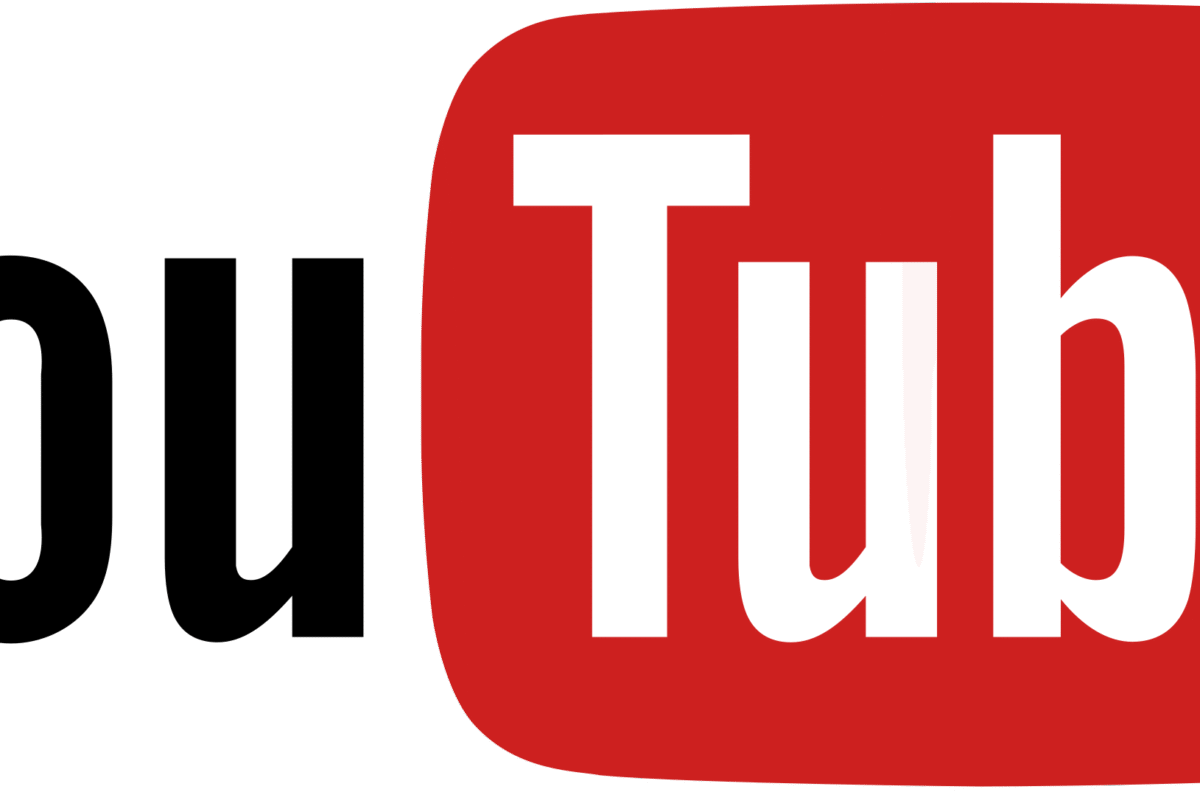Disney channels pulled from YouTube TV after contract negotiations collapse- Here’s what to know

In a fresh standoff between two media giants, The Walt Disney Company’s content — including popular channels like ESPN, ABC, FX, and National Geographic — has been pulled from Google’s YouTube TV after both sides failed to reach a new carriage agreement before Thursday’s midnight deadline.
The blackout, which took effect at 11:59 p.m. Eastern Time on October 30, has left millions of YouTube TV subscribers without access to Disney’s networks and recorded content. The breakdown marks the latest chapter in an escalating tug-of-war between traditional entertainment conglomerates and streaming distributors over distribution fees and digital integration.
YouTube TV, in a statement posted on Thursday, said negotiations had collapsed despite efforts to strike a “fair deal” that would not unfairly raise prices for subscribers. “Starting today, Disney programming will not be available on YouTube TV,” the company announced, describing the outcome as disappointing but necessary to protect consumers from inflated rates.
Disney, however, offered a different perspective. In a statement to CNN, a spokesperson accused Google’s streaming service of refusing to pay fair value for its channels, including sports-heavy networks like ESPN and ABC. “Without a new agreement, their subscribers will not have access to our programming — which includes the best lineup in live sports anchored by the NFL, NBA, and college football,” Disney said.
Both companies continue to engage in discussions, but neither has provided a timeline for resolution.
The Financial Face-Off
At the heart of the dispute lies a familiar issue: money. Disney, which has invested heavily in live sports rights and premium programming, is demanding higher carriage fees to reflect the value of its content portfolio. YouTube TV, however, argues that Disney’s proposed terms would increase subscription prices and disadvantage its customers.
“Disney used the threat of a blackout to push for terms that would raise prices and benefit its own live TV services,” YouTube claimed in a blog post, referencing Disney’s competing platforms, Hulu + Live TV and Fubo. The company added that it “will not agree to terms that disadvantage our members while benefiting Disney’s own products.”
To cushion the blow for its users, YouTube said it will issue a $20 credit if the blackout persists for an extended period.
What’s at Stake
The removal affects more than 20 channels, including ESPN, ABC, FX, Freeform, Disney Channel, and National Geographic — networks that collectively hold a massive audience base across sports, entertainment, and children’s programming. With college and professional football seasons in full swing, many subscribers have expressed frustration at losing access to marquee matchups such as the Cardinals-Cowboys and Eagles-Packers games.
Analysts say the timing is particularly sensitive. Disney’s ESPN remains one of the most expensive channels for distributors to carry, and its live sports content is often a key factor in keeping customers subscribed. Meanwhile, YouTube TV, which has grown rapidly to become one of the largest streaming-based pay-TV services in the U.S., is under pressure to control costs as competition intensifies.
A Broader Pattern in Streaming Wars
The dispute is part of a broader trend in the streaming landscape. YouTube TV has faced a string of high-stakes renewal battles in recent months — narrowly avoiding content removals from Fox, NBCUniversal, and Paramount after last-minute agreements. Earlier this year, a standoff with TelevisaUnivision even drew political attention, underscoring how distribution conflicts have become commonplace in the modern streaming era.
Complicating the Disney-YouTube battle is an ongoing legal wrinkle: YouTube’s hiring of Justin Connolly, a former Disney distribution executive, prompted Disney to file a breach-of-contract lawsuit earlier this year. Connolly has since recused himself from current negotiations, according to reports.
Adding to the intrigue, CNBC recently revealed that Disney had offered to bundle Disney+, Hulu, and ESPN+ at no extra charge for some YouTube TV subscribers under a new deal — similar to what it previously struck with Charter Communications. YouTube, in turn, sought deeper integration, requesting access to Disney’s streaming content directly within its platform — a proposal Disney firmly rejected.
Consumers Caught in the Crossfire
As is often the case, subscribers are the ultimate victims. Both sides have accused each other of corporate greed, while customers lose access to the shows and live events they pay for. “We know how disruptive it is to lose channels you enjoy,” YouTube acknowledged in its statement, promising to continue pursuing an agreement with Disney.
Nielsen data shows YouTube commands over 13% of total TV watch time in the U.S., making it the nation’s top distributor by audience engagement. Analysts at MoffettNathanson project that the platform could surpass Disney in total revenue by 2025 — an ironic twist in a battle that may reshape the balance of power in digital television.
For now, though, Disney’s “Mouse House” has gone dark on YouTube TV — and subscribers are waiting to see which giant blinks first.
FAQ
1. Why were Disney channels removed from YouTube TV?
Because Disney and Google (YouTube TV) failed to renew their carriage agreement over pricing and distribution terms before the contract expired on October 30, 2025.
2. Which channels are affected?
Channels including ABC, ESPN, FX, Disney Channel, National Geographic, and Freeform are no longer available on YouTube TV.
3. Will customers get a refund or credit?
Yes. YouTube TV has said it will offer a $20 credit to subscribers if the blackout continues.
4. When will Disney content return to YouTube TV?
There is no confirmed timeline yet, but negotiations between the two companies are ongoing.
5. Has something like this happened before?
Yes. YouTube TV has faced similar disputes with Fox, NBCUniversal, and Paramount in recent years — though most were resolved at the last minute.

